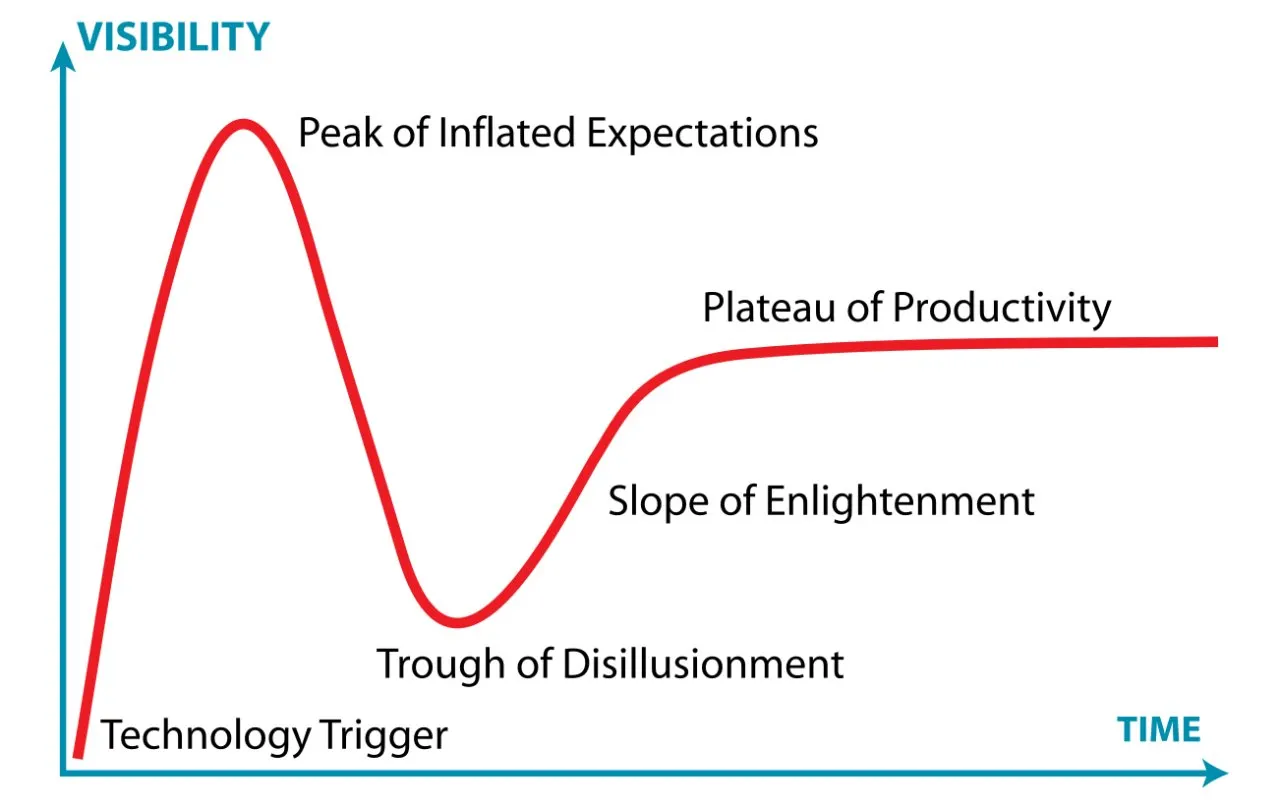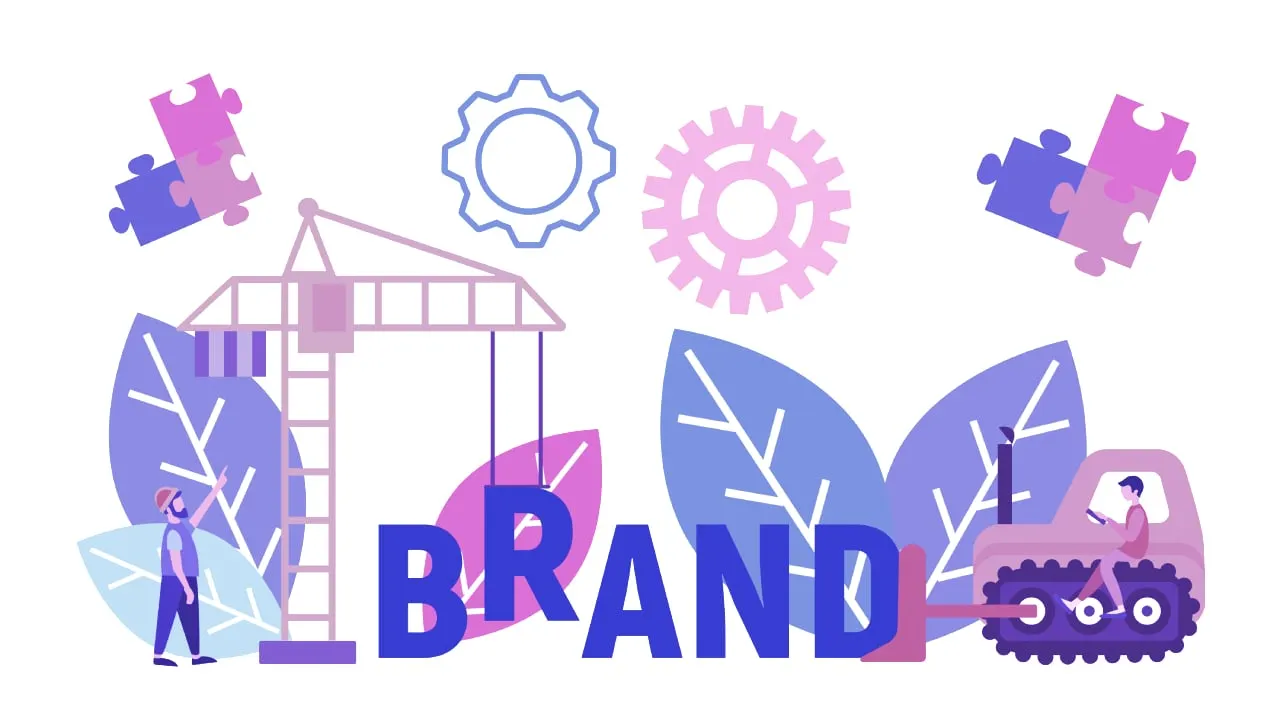It’s the technology that dare not speak its name.
Are you looking for NFTs on Reddit or Instagram? You’ll have much better luck searching for “digital collectibles” instead. Remember when blockchain was briefly sexy? The Bitcoin mining firm formerly known as Riot Blockchain recently rebranded itself as Riot Platforms. The World Economic Forum’s head of blockchain and digital assets, Brynly Llyr, has even suggested that the crypto space rebrand itself entirely around “decentralized systems.”
“For a while, we definitely don't want to call them NFTs,” said NBA All-Star Baron Davis. His photo and video rights management platform, SLiC Images, is shunning any mention of the contentious technology.
Crypto—and all its associated jargon—are now toxic words. Where once simply adding the word “blockchain” to your name increased your company’s valuation, now crypto, Web3, NFT and the rest of the buzzwords that conjured up images of a brave new world are, to paraphrase Charlie Munger, rat poison.
Even the word “metaverse”–which was supposed to define the ultimate evolution of the decentralized web–was hijacked by Mark Zuckerberg in an attempt to pivot Facebook (with somewhat radioactive results).
Though crypto is still front of mind for “a younger generation distinctly wary of non-traditional investments,” the industry needs a “judicious refocusing,” argued Katie Baron, head of retail at trends intelligence firm Stylus.
“I do think these terms have become somewhat toxic—particularly crypto and NFTs—partly because the initial feeding frenzy was pitched as being synonymous with a brave new ultra-democratized world in which everyone could win big by investing in or making digital assets,” she added.
For Dickon Laws, global head of innovation services at advertising agency Ogilvy, terms like “crypto” and “Web3” have become toxic not just because of the bad actors in the space, but because of “terrible product-market fit.”
“Nobody has made Web3 relevant or accessible for the masses, or really spent the time trying to understand how it solves ‘mass’ market problems or improves consumers’ lives,” he said.
Laws said that the crypto “gold rush” of the last few years didn’t take off with the masses because it failed to address problems that “your neighbors, family and friends, gym buddies, people you meet on a dog walk can understand and relate to.”
Compounding the problem was the fact that brands and businesses “didn’t follow their usual due diligence when investing,” Laws said, meaning that they hadn’t made long-term plans to support their investment in blockchain technology. “So while lots of headlines were generated for ‘world first,’ they don’t have answers for their stakeholders on what their money was spent on and its impact, meaning that growth and ongoing investment–good money after bad–is a really tricky sell.”
NFTs, in particular, when they weren’t being derided as environmental hazards (subsequently fixed with Ethereum’s move to proof of stake) became associated with the more unsavory get-rich-quick scams that have plagued crypto.
National Geographic abandoned its NFT plans following widespread criticism on social media, while the gaming industry has wrestled with a continued, consistent pushback from fans, with the publishers of titles including Worms and S.T.A.L.K.E.R. 2 forced to backtrack on plans to incorporate NFTs into their games.
To rebrand or not?
Thus far, the rebranding of NFTs to “digital collectible” seems to have been a success; millions of Reddit users have snapped up their “collectible avatars.”
“Everyone says ‘digital collectible’ works,” said Alexandre Tsydenkov, founder of the NFT Paris conference. “Is it a better branding than NFT? I don't know.”
“Every six months people find a new word,” Tsydenkov added. “NFTs were a has-been, now it's the metaverse. But now Facebook is rebranding to Meta, so we need to change.” Before trying to rebrand NFTs as something else, he argues, the crypto space needs to wait until “things have calmed down, and maybe NFTs can be in the mainstream without people understanding what the NFTs are.”
So should all crypto companies consider rebranding themselves and steering clear of using potentially off-putting words in their names?
Katie Baron thinks it’s definitely worth considering: “I’d advocate for either contextualizing it in [your company’s] other comms, or removing it. A lot of the most compelling metaverse-building companies don’t include it—look at Journee or AnamXR. Blockchain especially—naming a company based on a shared, immutable ledger is a little un-sexy!”
Yet some big names in the games industry are ignoring the pushback, and pressing ahead; NFT game Blankos Block Party recently launched on the Epic Games Store, while Final Fantasy publisher Square Enix is unapologetic about its adoption of blockchain technology, launching Symbiogenesis, an NFT game built on the Polygon blockchain, in February 2023.
NFT Collectible Art Project
SYMBIOGENESIS
Untangle the Story
Spring 2023#SYMBIOGENESIS #symgeNFT #NFT #NFTProjects pic.twitter.com/Kk1JvMdQx4— SYMBIOGENESIS (@symbiogenesisPR) November 3, 2022
Assassin’s Creed publisher Ubisoft is doubling down on blockchain—and shows no signs of stopping. Just this week, Ubisoft launched NFTs of its popular Rabbids franchise in metaverse game The Sandbox. “We understand where the sentiment towards the technology comes from, and we need to keep taking it into consideration every step of the way,” Didier Genevois, Ubisoft’s blockchain technical director, told Decrypt in a 2021 interview.
He described the company’s blockchain push as an experiment that’s “meant to understand how the value proposition of decentralization can be received and embraced by our players.”
Pressing ahead
In the long run, what we call that technology won’t matter, claimed Martin Raymond, co-founder of futures consultancy The Future Laboratory.
“I suspect that a lot of the reaction we're seeing is just a prejudice to the new,” Raymond said. “I think this happens with every innovation cycle or tech cycle; if you think about biotech, first time around it was a Frankenstein’s monster, next time around it’s saving the planet.”

Raymond argued that Web3 terms used don’t necessarily need rebranding. “I just think they need detoxifying,” he says. That’s a task for the advocates who use the technology, the journalists who write about it, and the finance and banking industry that aims to leverage the technology.
Laws agreed. “Web3 is about as relevant to the average person as the term ‘HTML,'” he says. “It’s a crucial technological evolution but do we need to know what Web3 means, like most people need to know what HTML means?”
Users don’t care if a tool is an app, dapp, NFT, smart contract, or IoT system. “What they care about is the benefit it brings,” he said.

